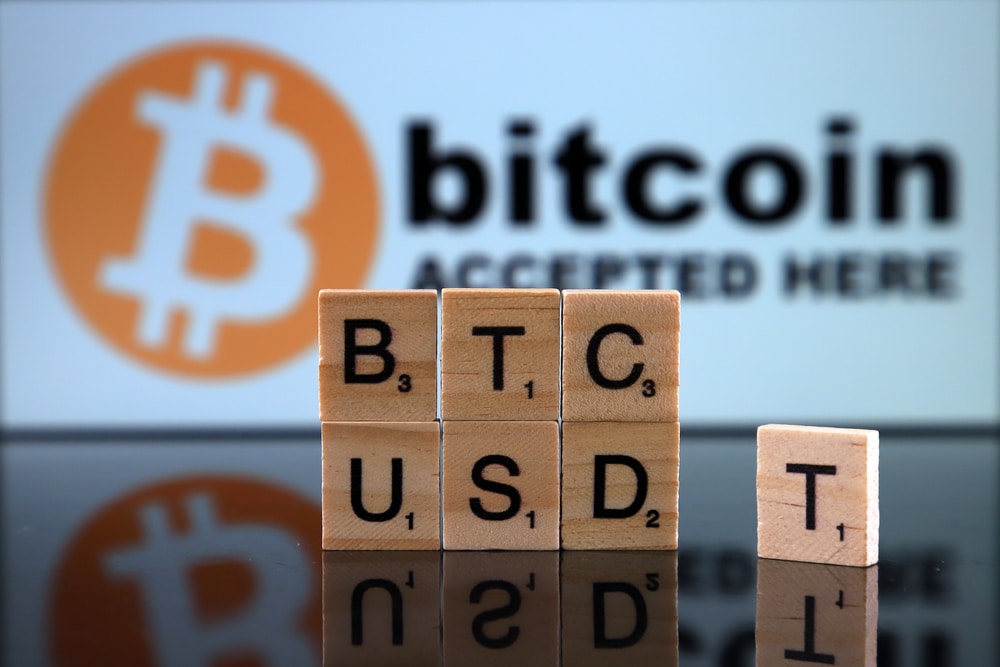
Stablecoin Adoption in Developing Countries Poses Financial Risks
According to the Financial Stability Board report, there are many risks associated with stablecoins in terms of financial and regulatory problems. However, analysts argue that emerging markets and developing economies (EMDEs) stand to sustain macro-financial risks associated with foreign currency pegged stablecoins.
The report was published on 23rd July and further stated that developing nations could suffer from the potential of financial instability from the utility of foreign-backed stablecoins.
Risks Associated with Stablecoin Adoption
The report has noted that global stablecoins (GSCs) that are backed by foreign currencies have been on the rise in EMDE regions. This rise has been attributed to factors such as limited access to traditional banking services, high remittance transfers, and local currency fluctuations.
This trend has raised alarm among financial regulators who opine that digital assets may destabilize local the financial setup and put a strain on fiscal resources.
On this matter, the report noticed that the collapse and de-pegging of different stablecoins since the start of virtual asset market turmoil in 2022 has increased the fragility of stablecoins. These qualia have been associated with stablecoins that are not properly designed and regulated.
Analysts claim that the instability of digital assets acts as a source of risk for EMDEs. The risks stem from the lack of regulatory clarity. As per the report, there are a number of different contributing factors to GSCs trending in developing nations.
Stablecoins to Support Illegal Financial Activities
The FSB report has raised concerns that some of the important issues that nations have to deal with are threats to financial integrity and a potential rise in illegal financial activities.
Furthermore, the report highlighted issues such as privacy piracy and security violations. At the same time, the report called for better consumer and investor protective measures.
At the same time, the report suggests that stablecoins may hinder market integrity, the financial stability, and negatively impact the overall macroeconomic stability. The report noted that these risks were global in nature with an emphasis on EMDEs to suffer from particular obstacles that pose as potential delay of the implementation of proper regulatory measures.
The report also makes note of the growing popularity of stablecoins among EMDE investors as fiat alternative.
This trend was boosted by the lack of banking support and indicative of the lack of effective remittance resources. Therefore, investors turn to stablecoins as a way to hedge against local price volatility.
This report made a recommendation for policymakers and regulators to establish robust policies and install effective cross-border regulatory channels. Furthermore, the regulators talked about establishing local capacity to monitor GSC activities as a way to consolidate financial stability.
Stablecoins Emerge as Strong Digital Asset Investments in Major Economies
Paxos, a gold-pegged stablecoin, received regulatory approval from the Monetary Authority of Singapore (MAS) earlier in July. In accordance with the certification, the firm is set to issue a new stablecoin called Pax Gold (PAXG).
Hong Kong-based JD Technology Group announced a new stablecoin on 24th July. This stablecoin is set to be pegged with the Hong Kong dollar (HKD) with a 1:1 ratio. The European Union activated the first set of stablecoin regulations on 30th June.
The regulatory framework specified to stablecoin issuers and products has resulted in the delisting of a number of stablecoins on regulated exchanges. The delisted stablecoins were identified as non-compliant or qualifying for restricted services within European Economic Area (EEA) regions.
Crypto trading platforms such as Binance, Kraken, OKX, and Uphold started to delist Euro Tether (EURT). Experts have speculated that there is a rising trend of purchasing euro-backed stablecoins in case of a surge in demand within European digital asset markets.
Tether is working in tandem with the government of the Philippines on a Social Security System (SSS). This system is backed by the state-Insurance program. The firm also partnered with local online shopping platform Uquid. CEO Tran noted that the project has established a new standard for digital shopping and financial accessibility for local investors.




